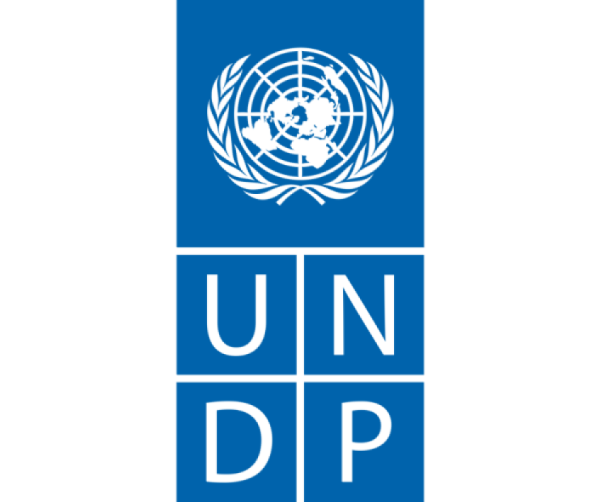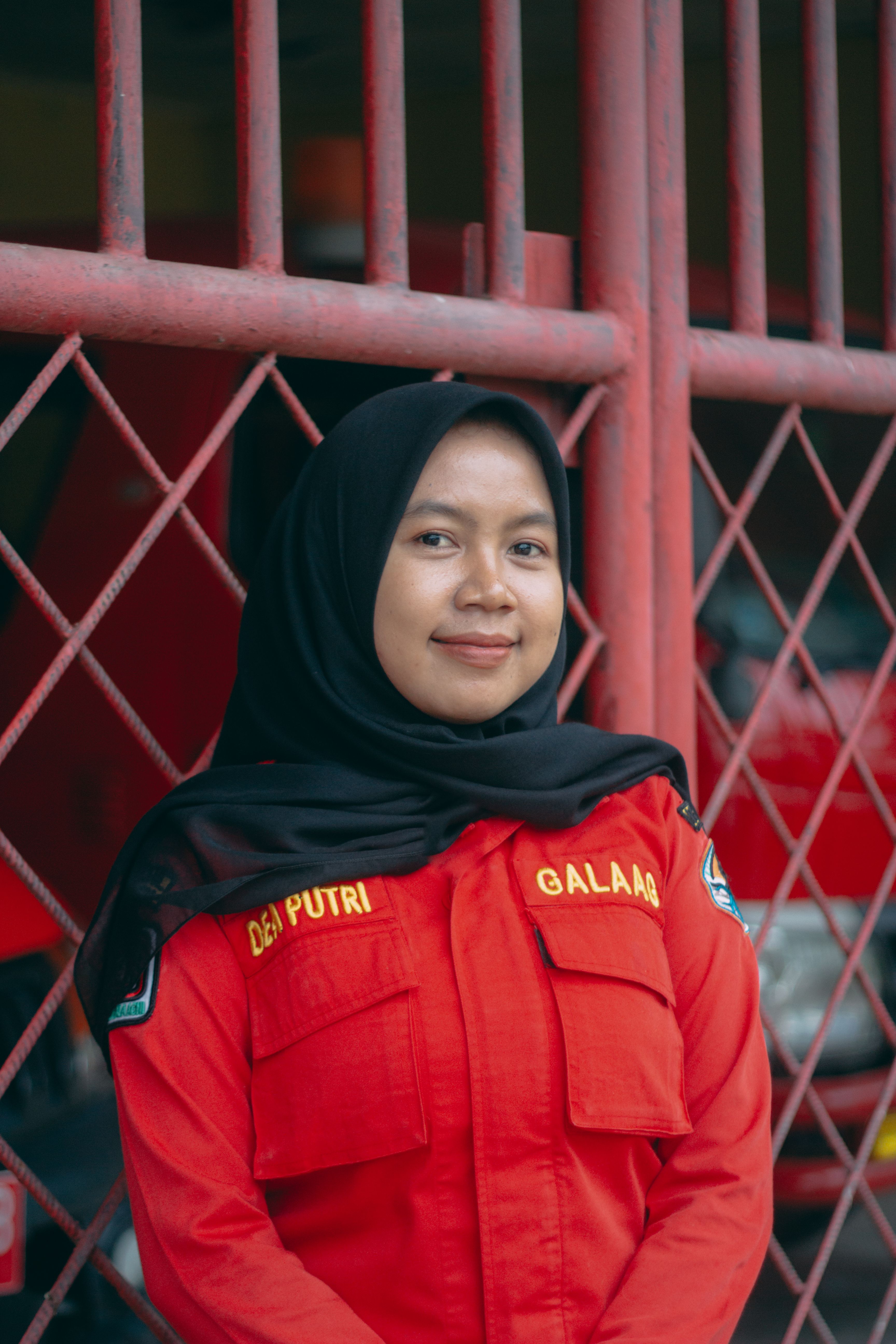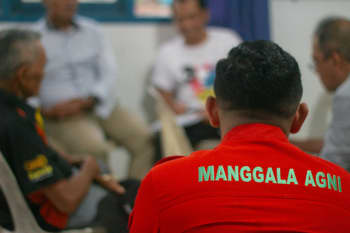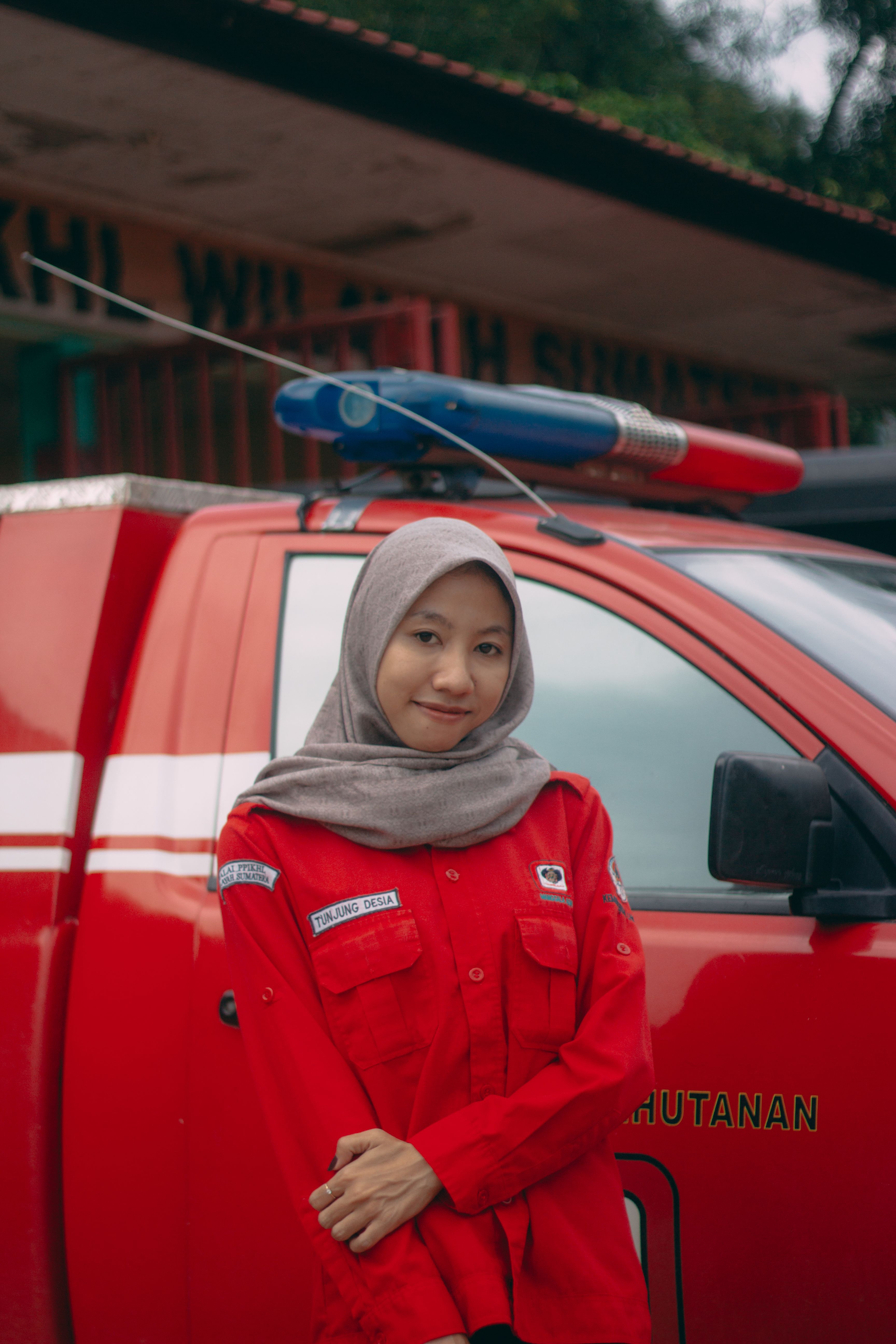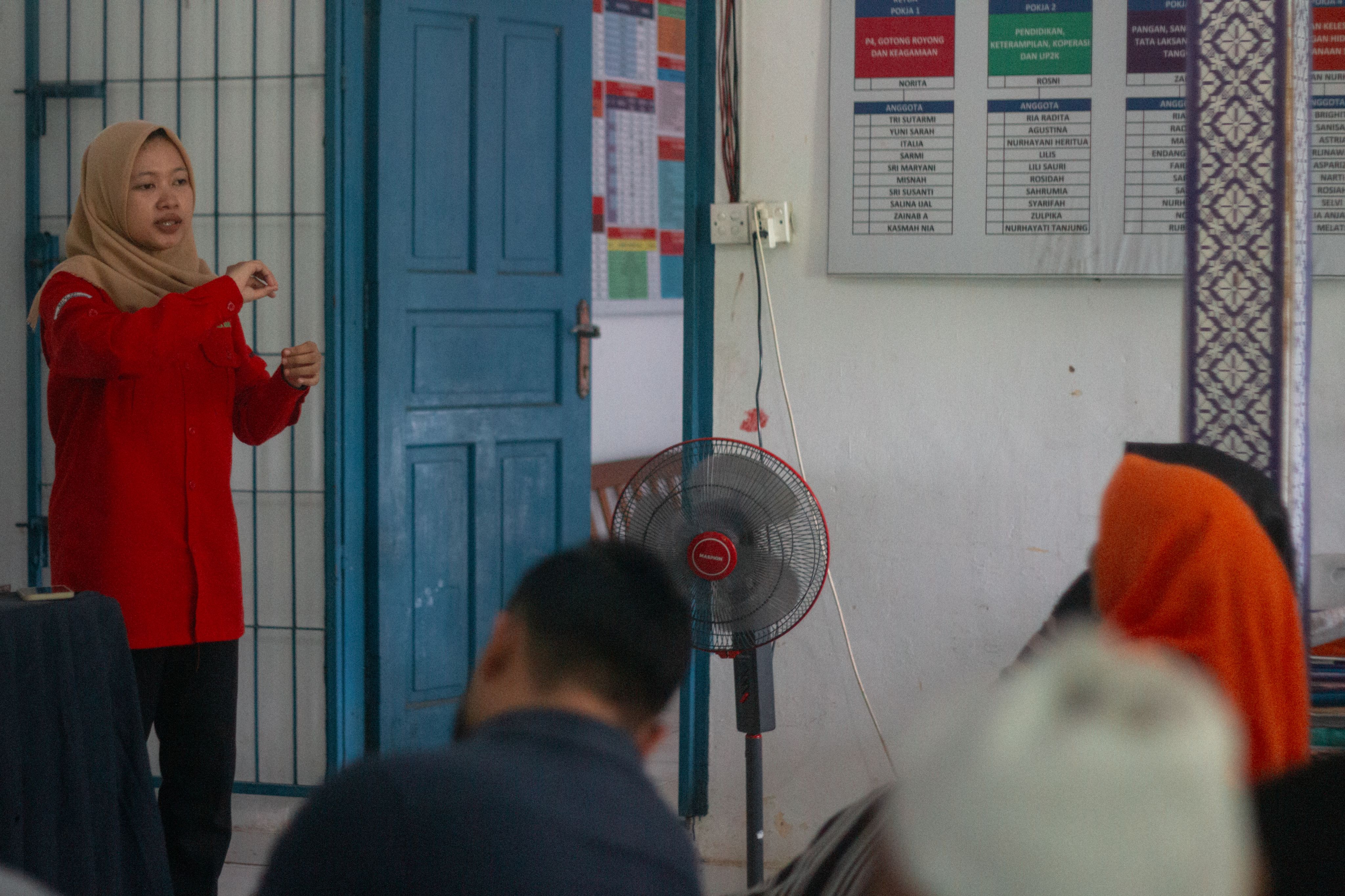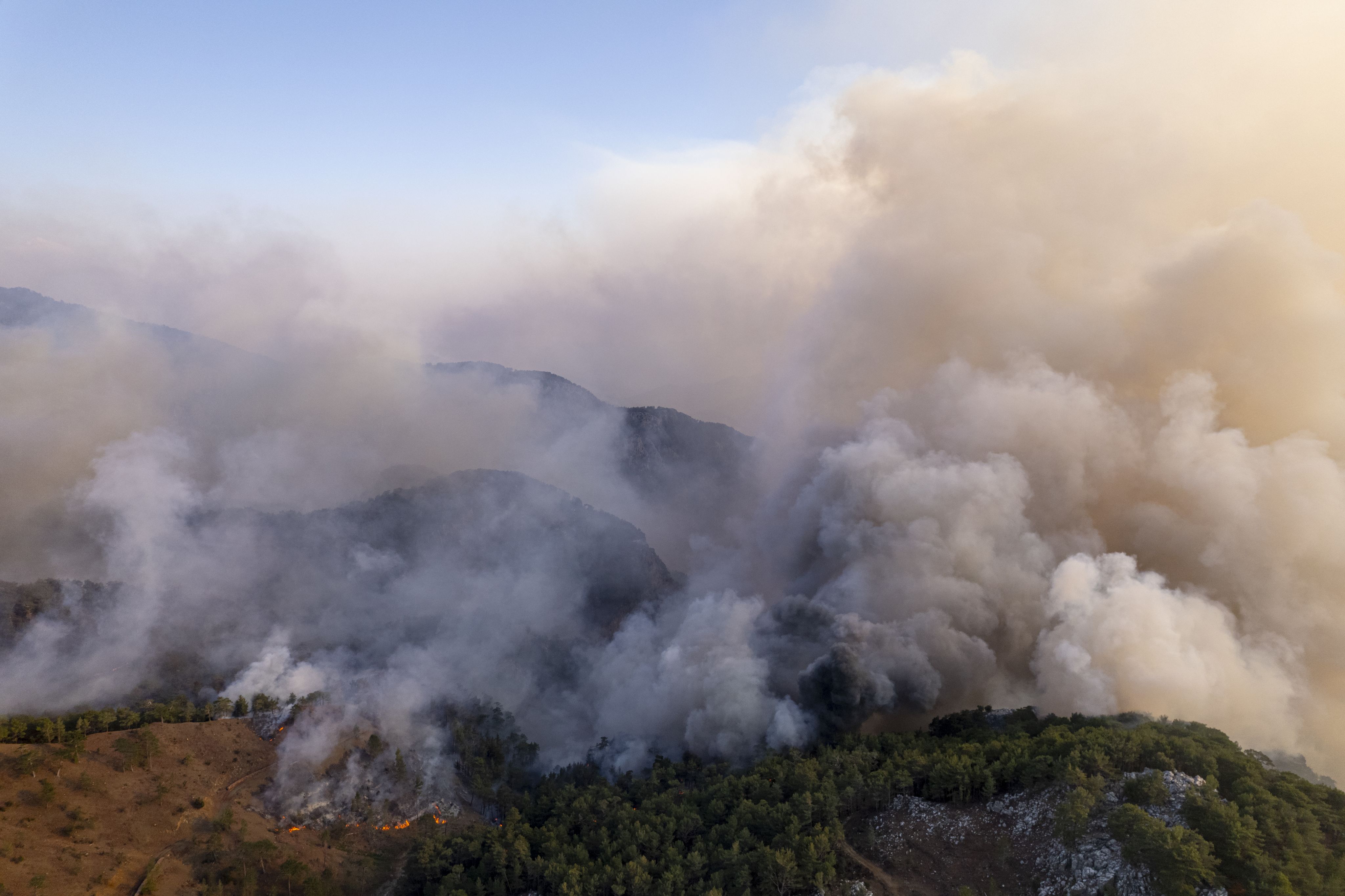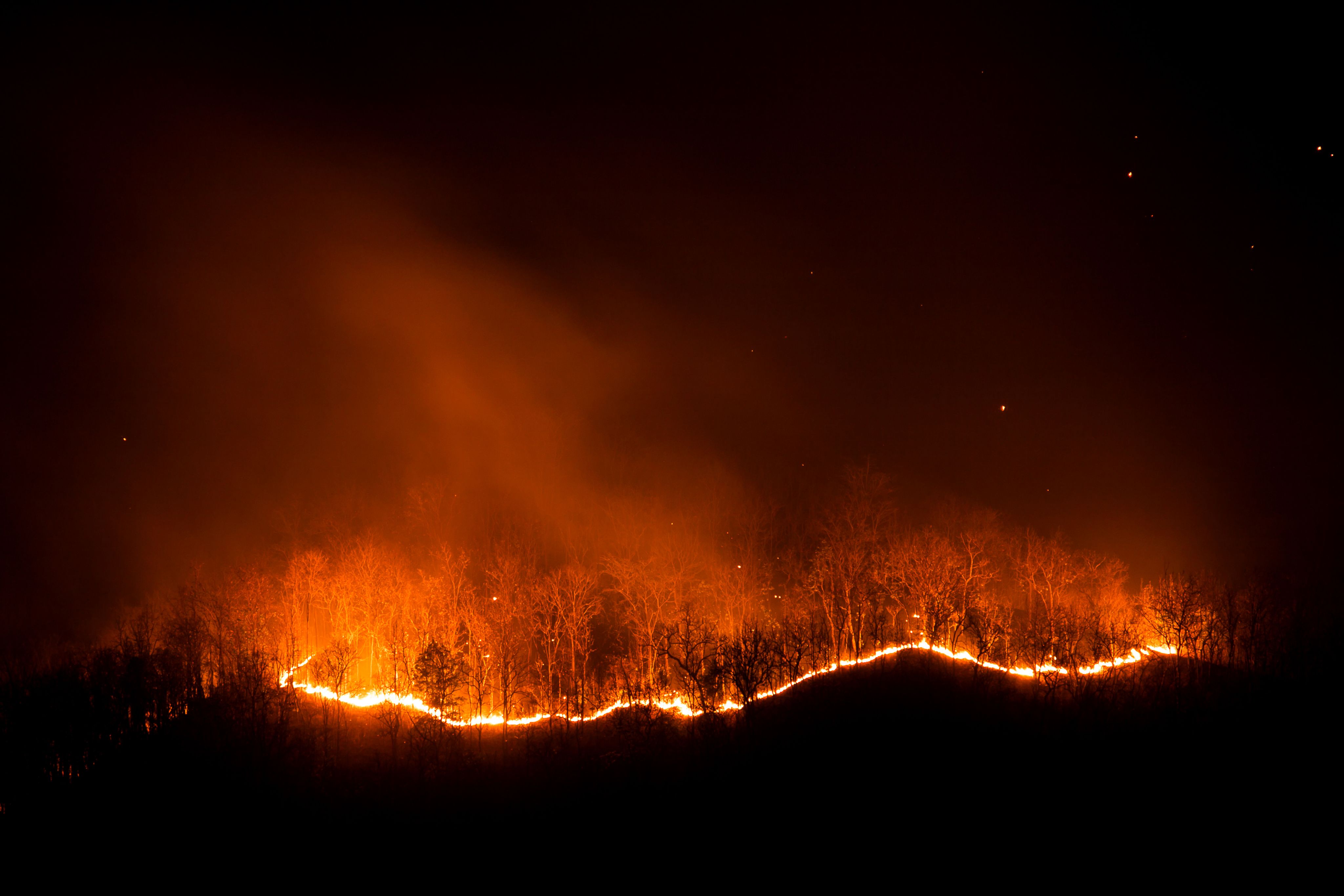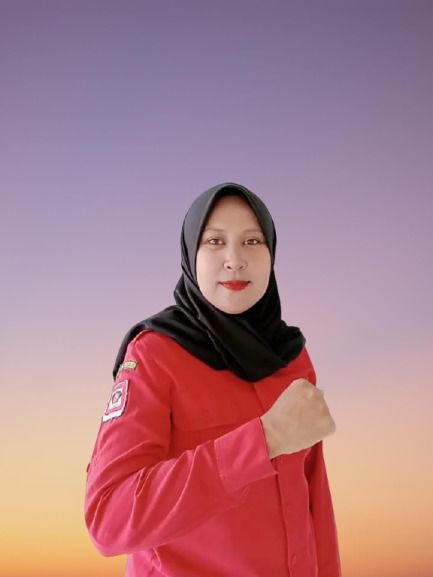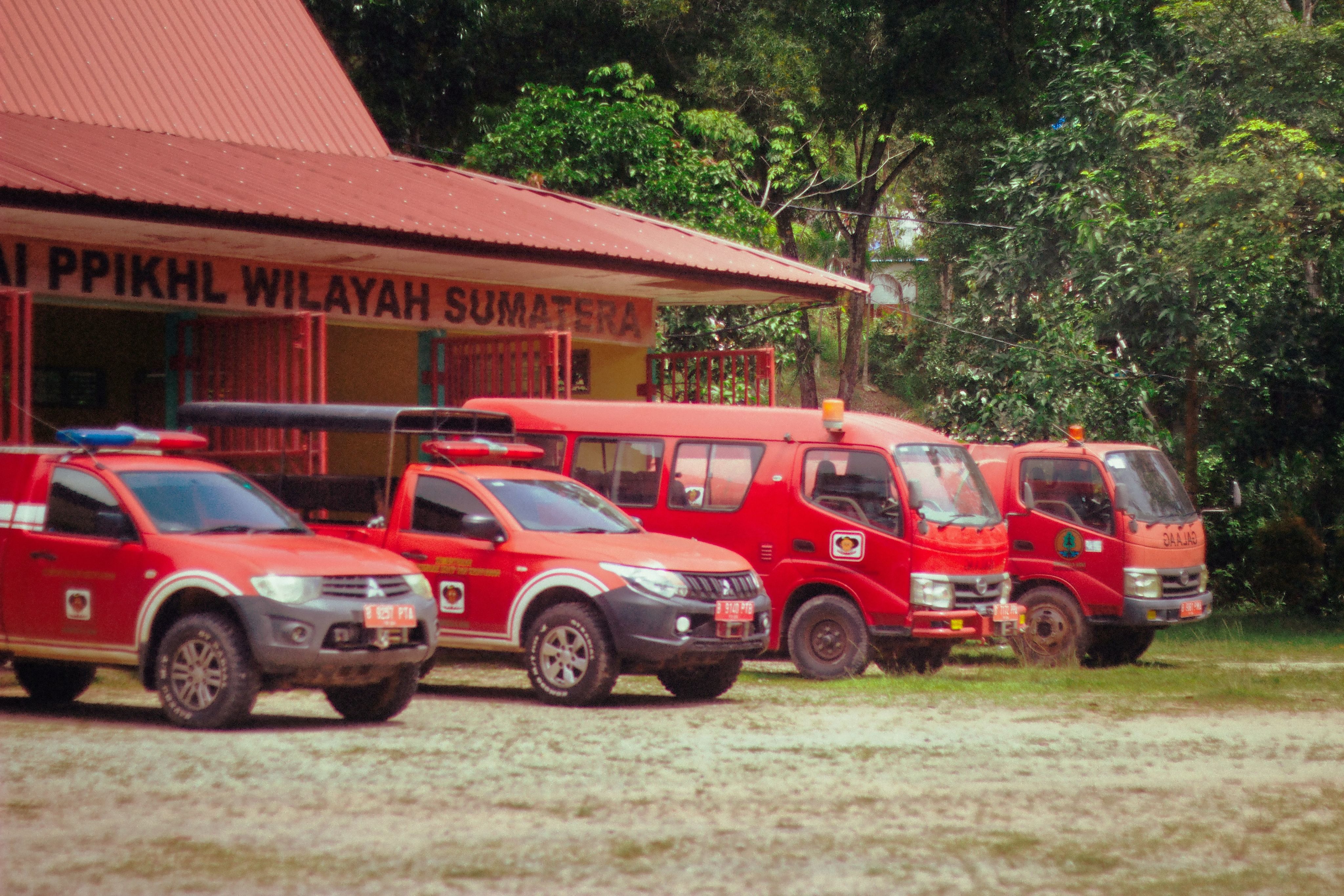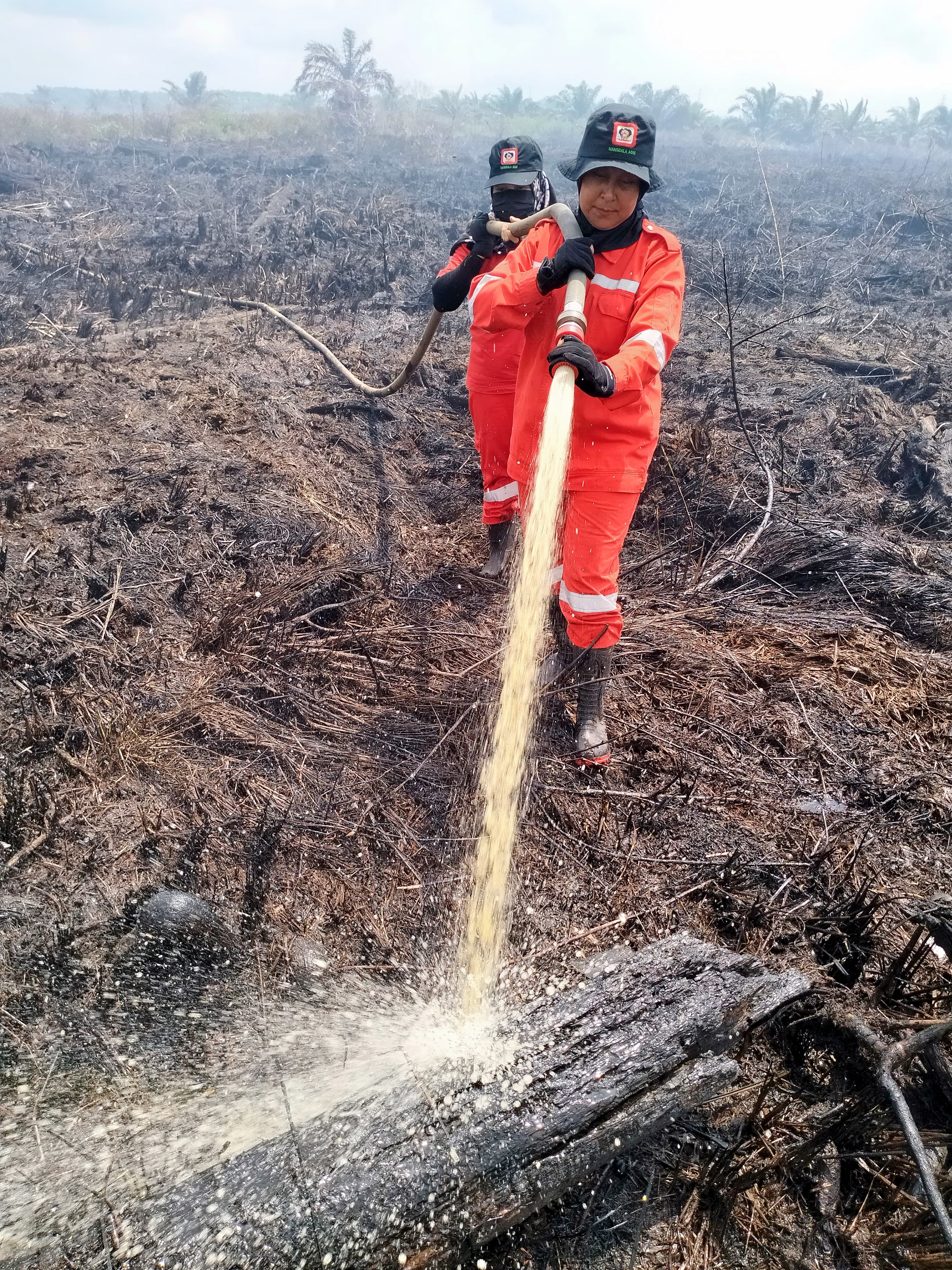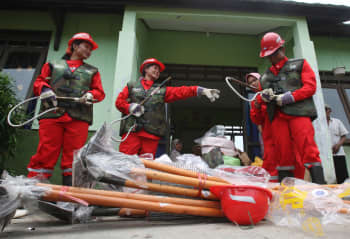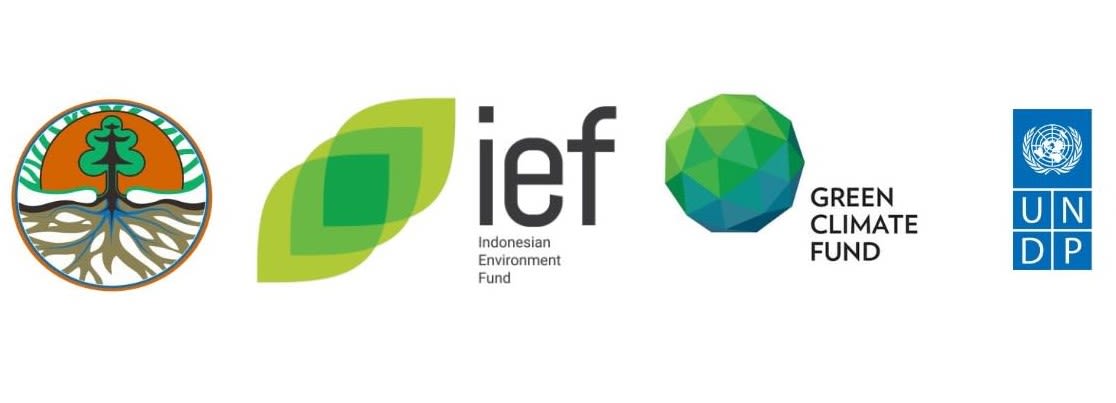Women on the frontlines: Indonesia’s forest firefighters
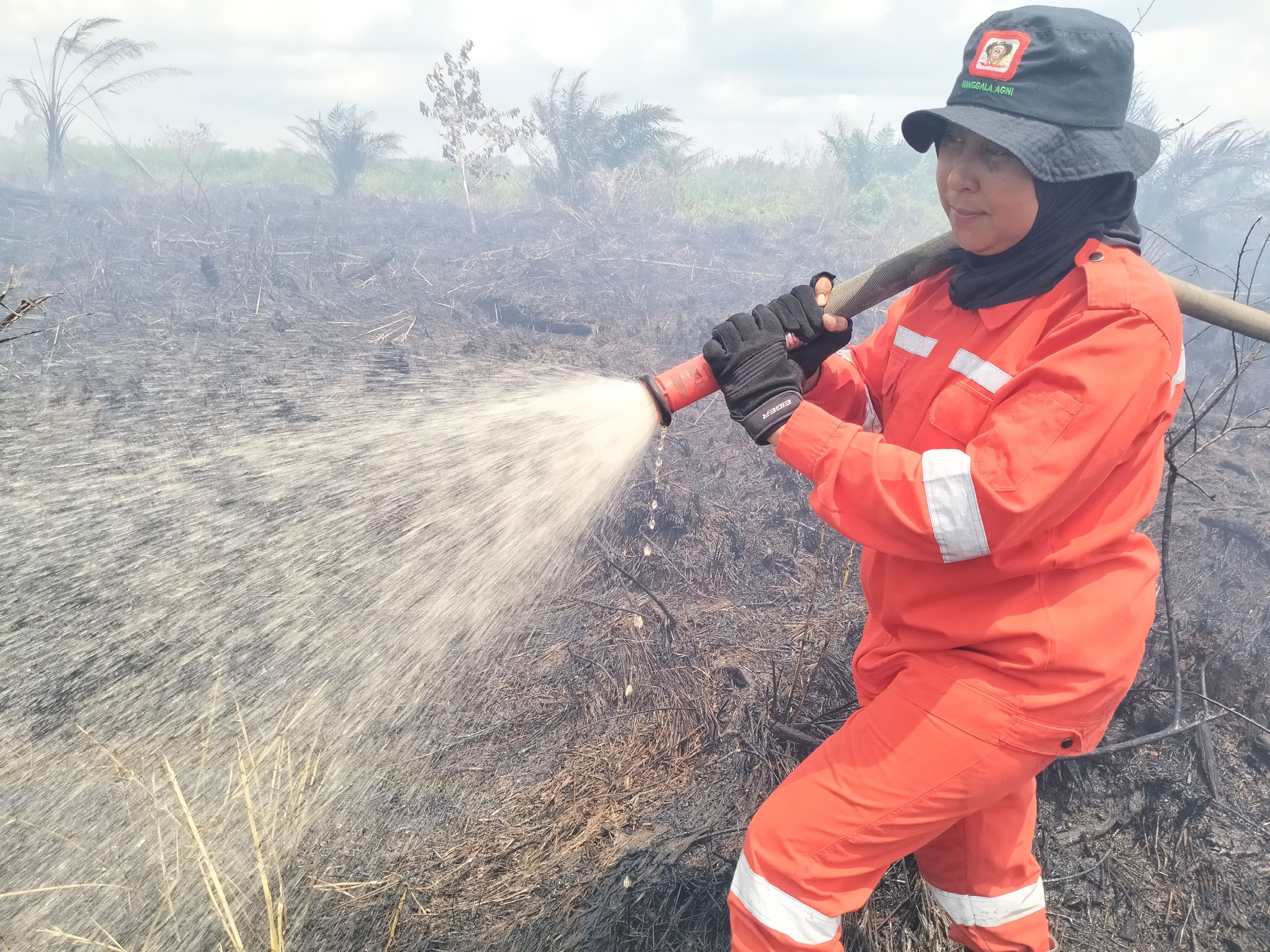
Each year, the Indonesian archipelago faces devastating fires that ravage vast areas of tropical rainforest and peatlands. These fires release enormous amounts of greenhouse gases and create dense, hazardous smoke that impacts millions, even in neighboring countries in Southeast Asia. As Indonesia grapples with the dual pressures of climate change and rapid deforestation, effective fire management strategies have never been more critical.
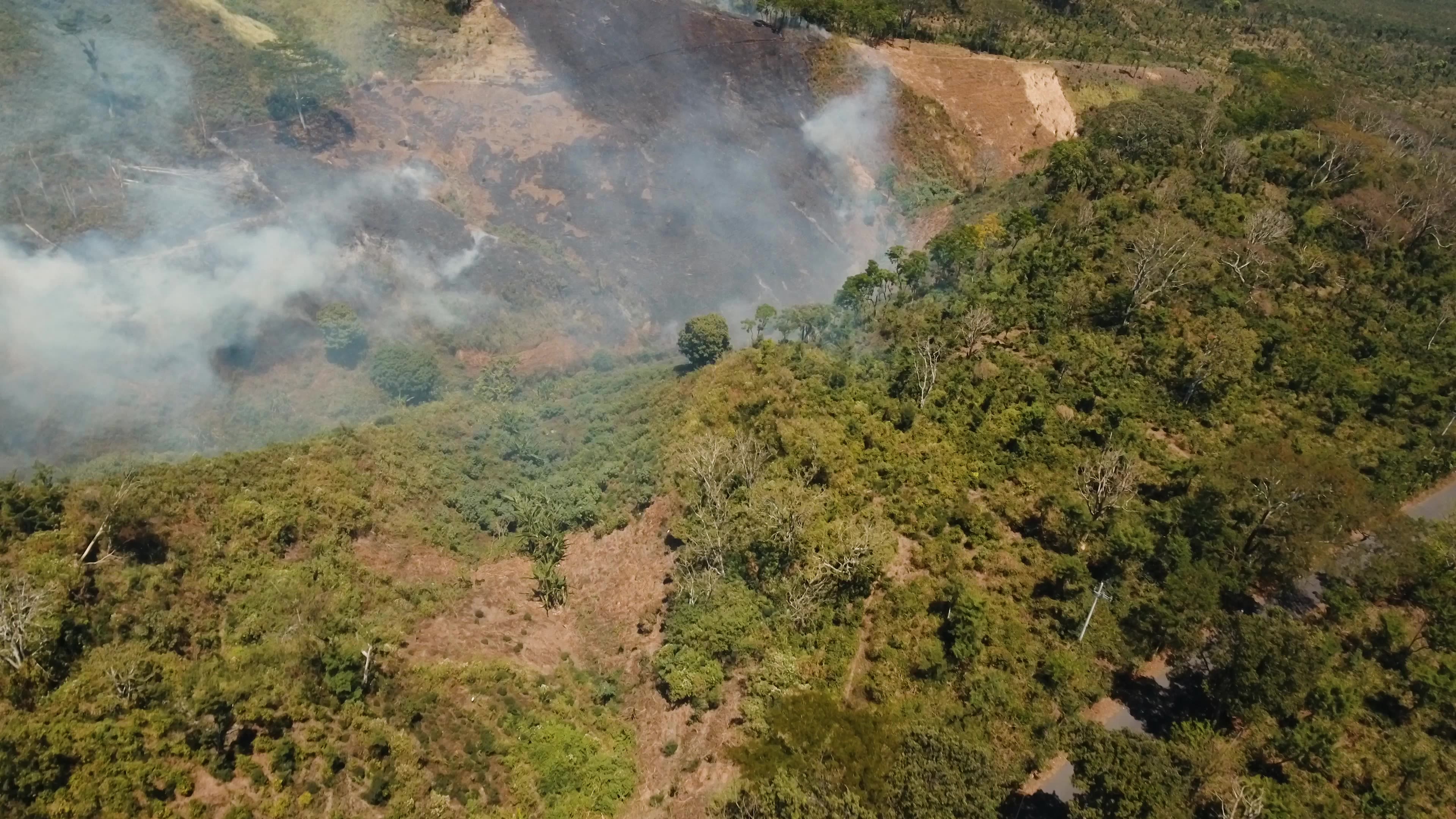
In the fight against fire, the role of women is especially vital. Engaging women directly in forest fire management not only broadens the reach and resilience of these efforts but also brings unique insights and strengths to fire prevention and risk reduction. Including all community members – women and men alike – is essential, yet empowering women’s participation can be transformative, fostering more inclusive, effective strategies for safeguarding Indonesia’s forests and communities.
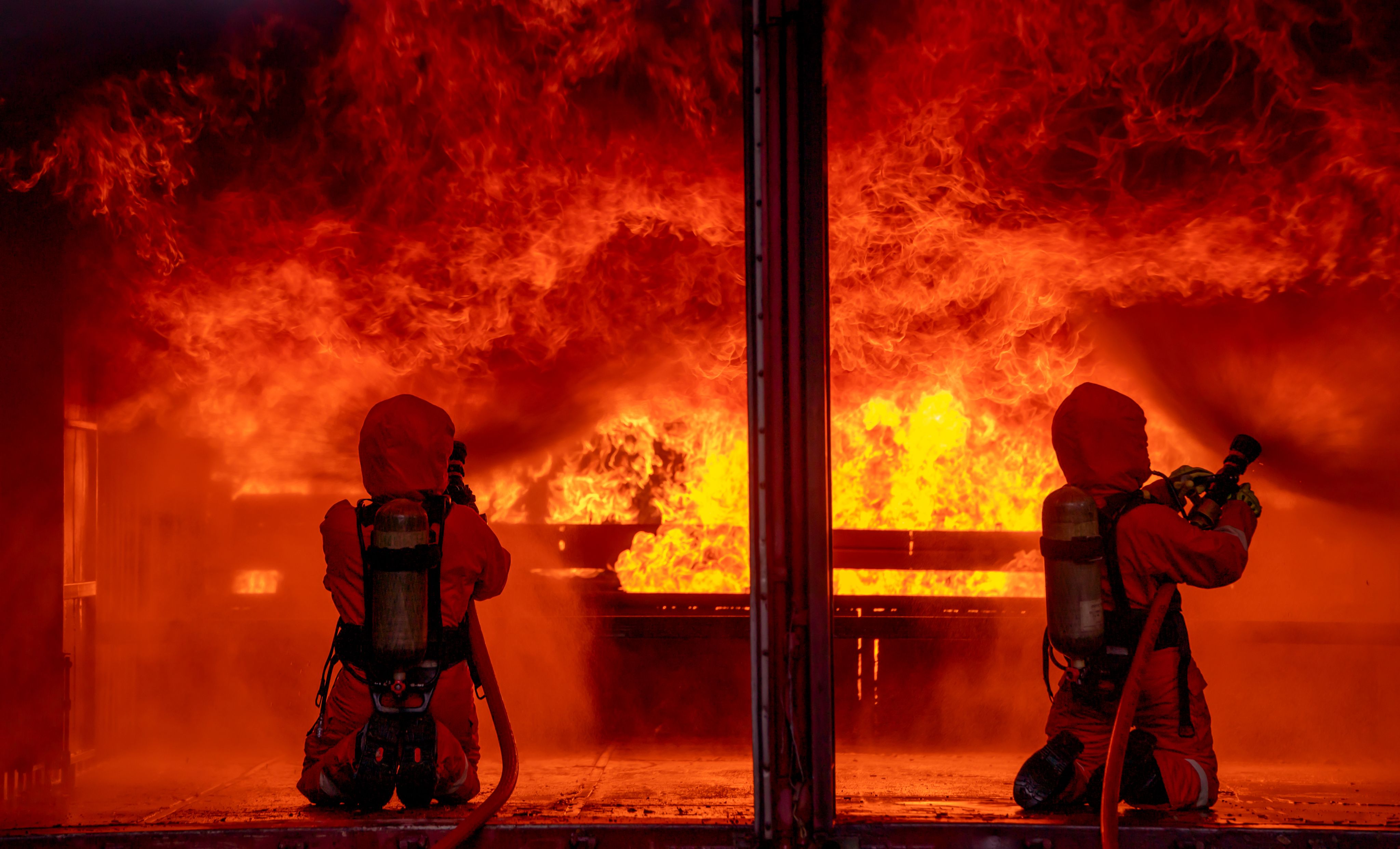
Dea Putri, a dedicated forest firefighter, serves with Manggala Agni, Indonesia's firefighting brigade. Photo: UNDP Indonesia
Dea Putri, a dedicated forest firefighter, serves with Manggala Agni, Indonesia's firefighting brigade. Photo: UNDP Indonesia
The rise of women firefighters in Indonesia
"I have always wanted to work in the field, directly engaging with communities and tackling forest fires," says Dea Putri, a forest firefighter. Initially drawn by the broader prospects within the Ministry of Environment and Forestry, Dea discovered Manggala Agni, Indonesia’s firefighter brigade. This was a turning point for her because discovering Manggala Agni gave her a specific, hands-on role that aligned with her passion and purpose.
Manggala Agni is part of the Indonesian Ministry of Environment and Forestry and plays a crucial role in combating forest fires and managing fire-related emergencies in the country. Although forest fire management remains a field dominated by men, women are increasingly taking on active roles in this area. They do not only serve on the front lines of forest fire prevention and response but also contribute significantly to sustainable peatland management in fire-prone regions.
For Dea, being part of the firefighting patrol unit is challenging yet fulfilling. "I think Manggala Agni is a great opportunity for us," she affirms. Currently, the brigade's environment increases efforts to support women to assume roles traditionally dominated by men."
Making a tangible impact in forest protection
In a field often marked by the risks of exclusion, marginalization, and entrenched gender biases assigning stereotypical roles, women are breaking barriers and making remarkable contributions to forest fire management. Such work is also being further supported under the Indonesia REDD+ Results-based Payment Project, which is financed by the Green Climate Fund and managed by Indonesian Environment Fund. As part of this project, Indonesia is undertaking efforts to increase women’s participation in fire prevention and improve their access to knowledge and skills related to forest fire management. In addition, Indonesia is also developing measures to help reduce associated risks around gender-based violence and sexual harassment.
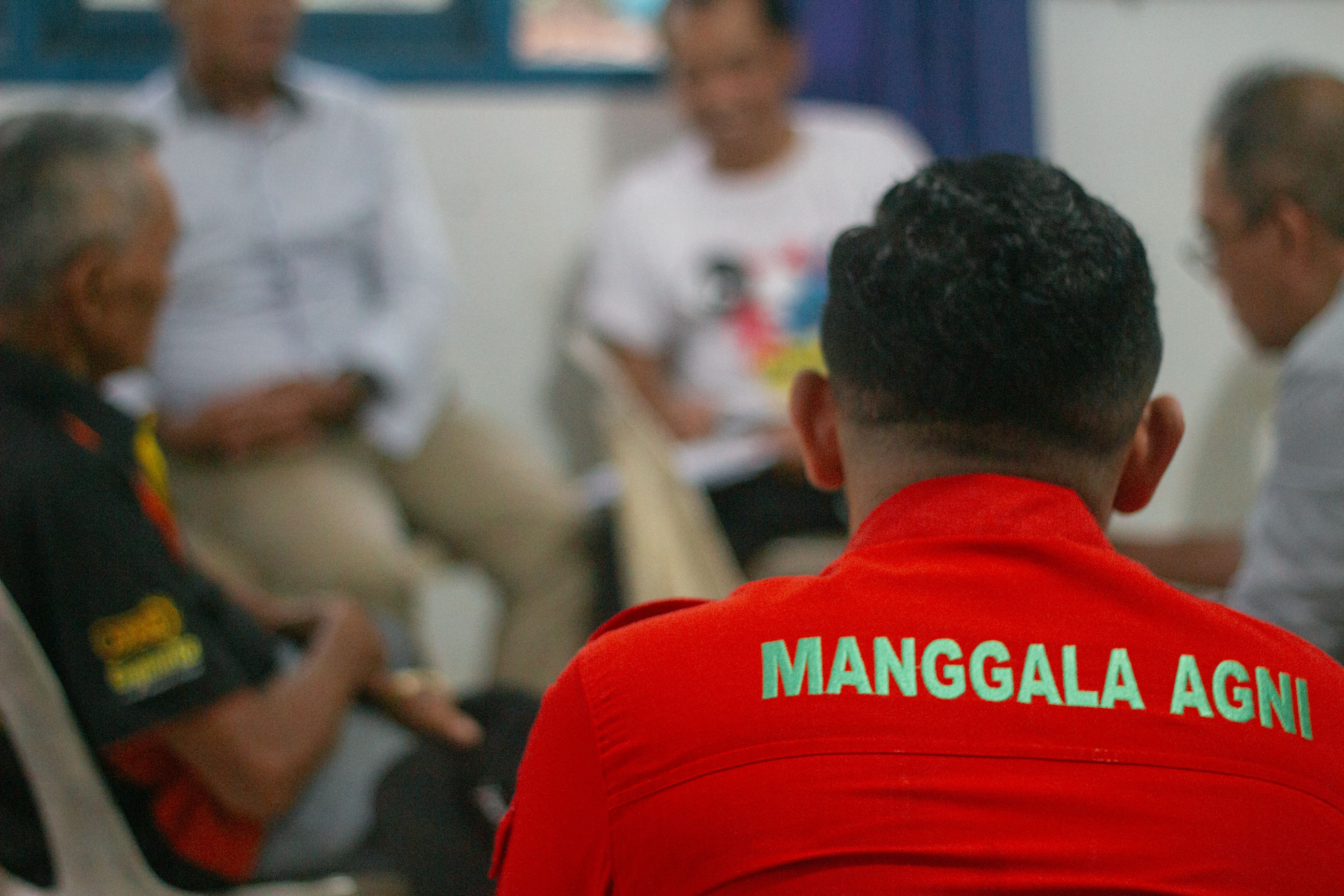
For many women, joining Manggala Agni is not just about a career; it's about seizing an opportunity to make a tangible impact in protecting the forests. "Being placed here is both a pride and a chance for me to contribute to Indonesia," Tunjung Desia, the Secretary of Manggala Agni Daops Batam and Climate Change Control Coordinator, adds. Her sentiment is shared by many women who see Manggala Agni as an opportunity to align their professional goals with a meaningful cause.In Indonesia, women, who are often deeply engaged in forest management, use and conservation efforts, play a crucial role in these areas.
Tunjung Desia, Secretary of Manggala Agni Daops Batam and Coordinator for Climate Change Mitigation. Photo: UNDP Indonesia
Tunjung Desia, Secretary of Manggala Agni Daops Batam and Coordinator for Climate Change Mitigation. Photo: UNDP Indonesia
Logistical challenges in the world’s largest achipelago
In the Batam area, there is currently only one Manggala Agni team. A formal local fire community does not exist here due to high population turnover, but Manggala Agni is actively working to establish an official fire-watcher community in both villages, seeking approval at the ministerial level.
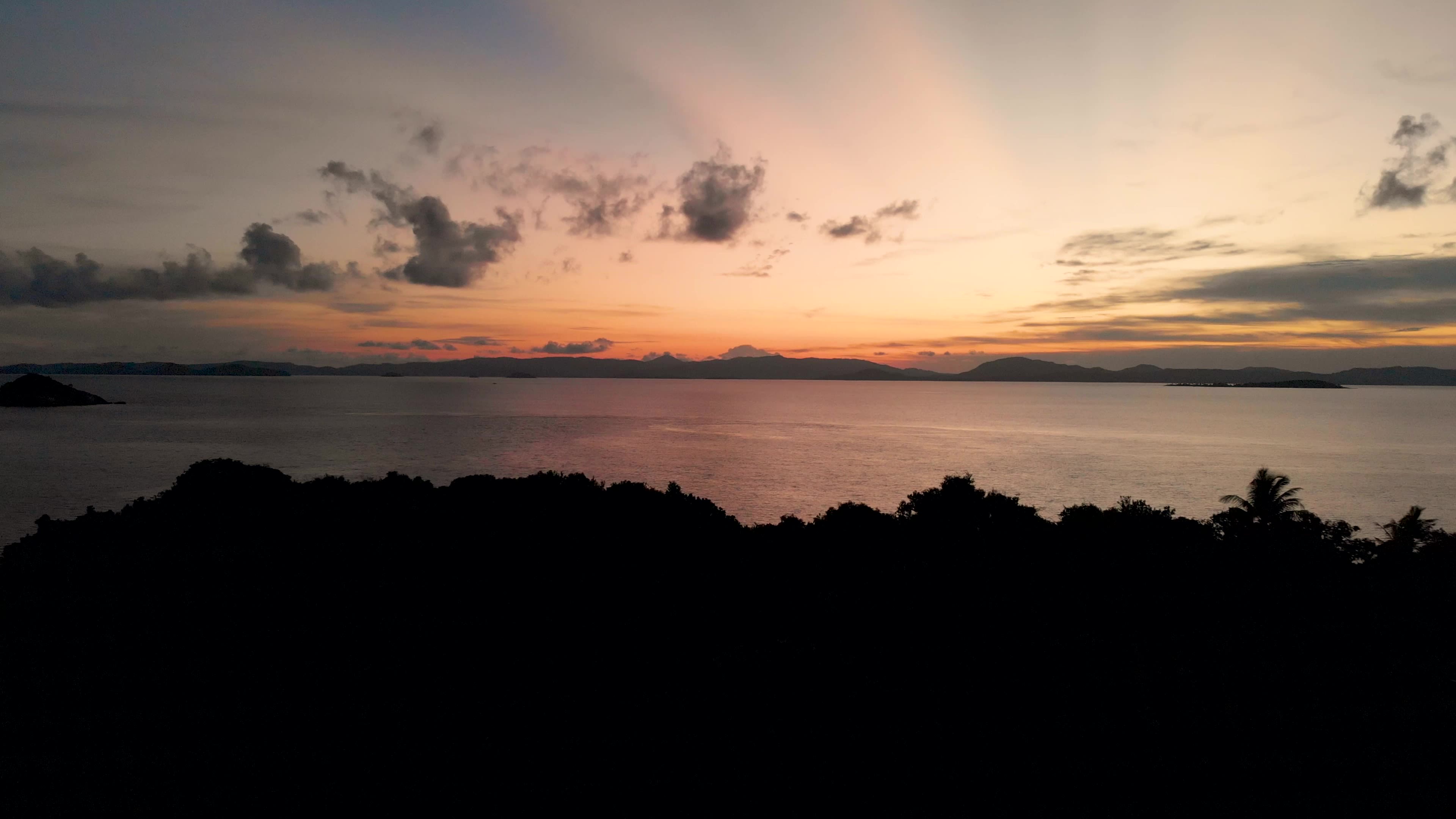
Despite the vast and challenging terrain of the Riau Islands, Manggala Agni ensures that its members are well-equipped and trained. "Our equipment is regularly checked and maintained," Ayu, a Forest Fire Control Coordinator, notes. However, logistical challenges persist, especially in reaching remote fire-prone areas. Proposals for outposts on each island reflect the proactive measures being taken to improve response times and efficiency. Collaboration with local authorities, including the army and police, is also a strategic approach to overcoming these hurdles.
Ayu (left), a Forest Fire Control Coordinator with Manggala Agni, leading a training session. Photo: UNDP Indonesia
Ayu (left), a Forest Fire Control Coordinator with Manggala Agni, leading a training session. Photo: UNDP Indonesia
Nitra Melda Yanti, a member of Manggala Agni on Sumatra Island. Photo: UNDP Indonesia
Nitra Melda Yanti, a member of Manggala Agni on Sumatra Island. Photo: UNDP Indonesia
Photo: UNDP Indonesia
Photo: UNDP Indonesia
"I consider my team family," says Nitra Melda Yanti, a member of Manggala Agni on Sumatra Island. Photo: UNDP Indonesia
"I consider my team family," says Nitra Melda Yanti, a member of Manggala Agni on Sumatra Island. Photo: UNDP Indonesia
“I see my team as family”
Joining Manggala Agni comes with its set of challenges, but the rigorous and transparent recruitment process helps to promote fairness. "I did not face any challenges during recruitment. The process is transparent and without discrimination," says Tunjung. This approach extends to all operational aspects, fostering a sense of belonging and fairness among all members. Nitra Melda Yanti of the Manggala Agni in Sumatra echoes these sentiments: “There is a strong sense of camaraderie – I see my team as family,” she says. The support from her husband and mother, who help to look after her children, has been key to assisting her in her role with the Manggala Agni. Nevertheless, while she enjoys the field work, Nitra points out some of the challenges preventing women from applying for the firefighter job: “Most women may be less confident to apply for the Manggala Agni and go out into the field due to the presence of wild animals and widespread superstitions. This is not the case for men, who mostly see this job as a challenge and prefer the field to the office.”
The solidarity among Manggala Agni members is palpable. "We are fully supported regardless of our gender or background," Dea emphasizes. Flexibility in patrol shifts, equitable training opportunities, and mutual support among team members exemplify this solidarity.
Recently, Dea and Siti, another woman firefighter, were sent for advanced training in firefighting and carbon counting, highlighting the equal opportunities provided to all members.
Breaking down gender barriers
To help address long standing issues in which women have difficulties in accessing resources and knowledge to prevent and combat forest fires, encouraging more women to join Manggala Agni and raising awareness of the value of women’s involvement is crucial. "We need to educate women about the importance of firefighting and the impact of forest fires on communities, wildlife and the environment," Tunjung suggests. Addressing gender stereotypes and biases is equally important. By showcasing the vital role women play in safeguarding their local areas, more women can be inspired to join and contribute to this important cause.
"We want to encourage women who are ready for the responsibility of safeguarding the forestry. Our approach, especially in traditional forest areas, is enhanced by women leading interactions with other women," Dea Putri explains.
Manggala Agni is not just a fire control brigade; it is an opportunity to promote women’s involvement and empowerment. Through this initiative, women not only contribute to environmental preservation but also gain a sense of agency and leadership in a traditionally male-dominated field. Additionally, women's involvement acts as a catalyst, inspiring more women to join forest protection efforts.
The experiences of women like Tunjung, Nitra, Ayu, Dea and Siti illustrate how an inclusive and supportive environment for women in forest fire management can foster equality and drive significant contributions to environmental protection. As more women join and share their stories, Manggala Agni will continue to serve as a vehicle to help drive positive change in breaking down gender barriers and promoting women’s empowerment in Indonesia.
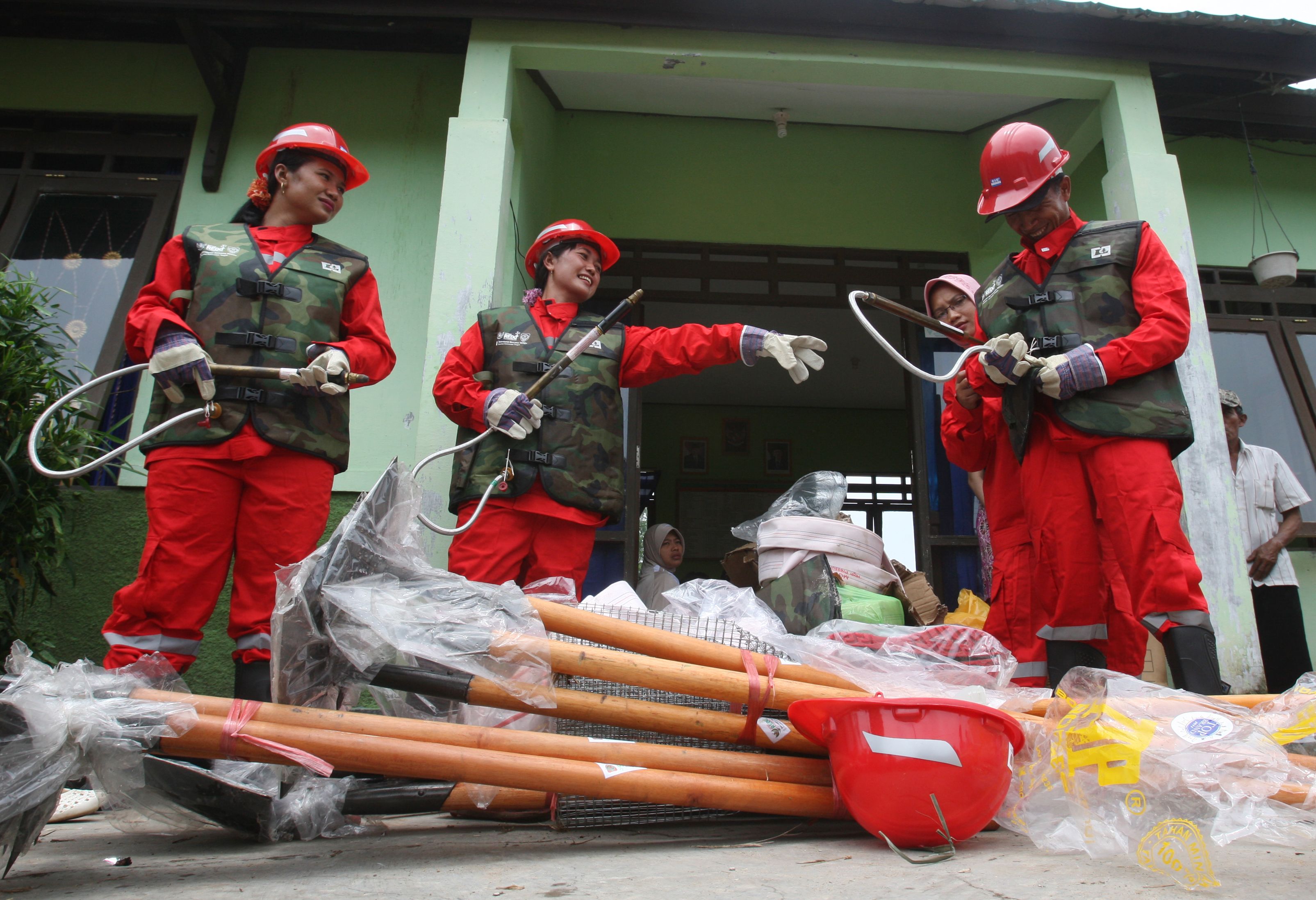
Additional information
Indonesia's role as a leader in climate action began in 2007 when it hosted the 13th UN Climate Change Conference (COP13) in Bali. This event marked Indonesia as a key player in efforts to reduce deforestation and forest degradation (REDD+). Since then, the country has worked to align REDD+ activities with its climate and development goals. One major step is the REDD+ Results-Based Payment (RBP) program, funded by the Green Climate Fund (GCF). This program provided $103.78 million to Indonesia for REDD+ results (i.e. GHG emission reductions) achieved between 2014 and 2016. The United Nations Development Programme (UNDP), as an Accredited Entity (AE), works closely with the Indonesian Environment Fund (BPDLH), which leads the implementation of the GCF REDD+ program.
To make REDD+ successful, Indonesia has strengthened its approach in key areas. The National REDD+ Strategy has been updated to match the country’s climate targets under its Nationally Determined Contributions (NDC). This ensures REDD+ supports goals like reducing emissions in the Forestry and Other Land Use (FOLU) sector. The system for measuring forest emissions, called the Forest Reference Emission Level (FREL), has been improved to make sure emission reductions are accurately tracked and reported. Safeguards have also been put in place to ensure the benefits of REDD+ are shared fairly with local communities and indigenous groups while protecting the environment. These actions show Indonesia’s commitment to sustainable and fair forest management.
Learn more about Indonesia´s REDD+ Results-Based Payments (RBP) project ;lessons learned from the initial application of UNDP's Performance-Based Payment Policy in Indonesia; andSouth-South Exchange (SSE) 2024: Indonesia Leads by Example in REDD+ Knowledge Exchange
UNDP’s Climate Promise is the UN system’s largest portfolio of support on climate action, working with more than 140 countries and territories and directly benefiting 37 million people. This portfolio implements over US$2.3 billion in grant financing and draws on UNDP’s expertise in adaptation, mitigation, carbon markets, climate and forests, and climate strategies and policy. Visit our website at climatepromise.undp.org and follow us at @UNDP Planet.
UNDP Climate & Forests assists countries and stakeholders to implement the Paris Agreement by reducing deforestation, forest degradation and promoting sustainable development pathways. This also includes mainstreaming social inclusion and gender equality in national programs, as well as ensuring that the benefits of forest conservation are equitably distributed among all members of society, including women and marginalized groups.
